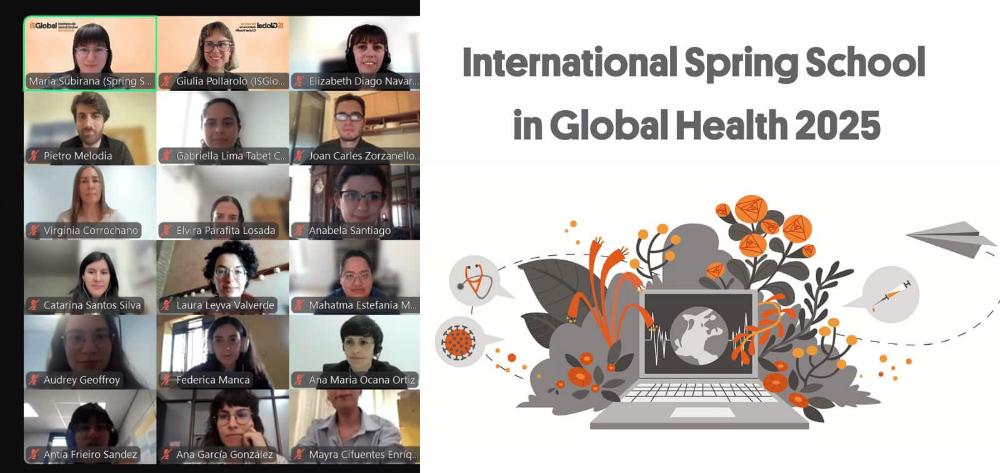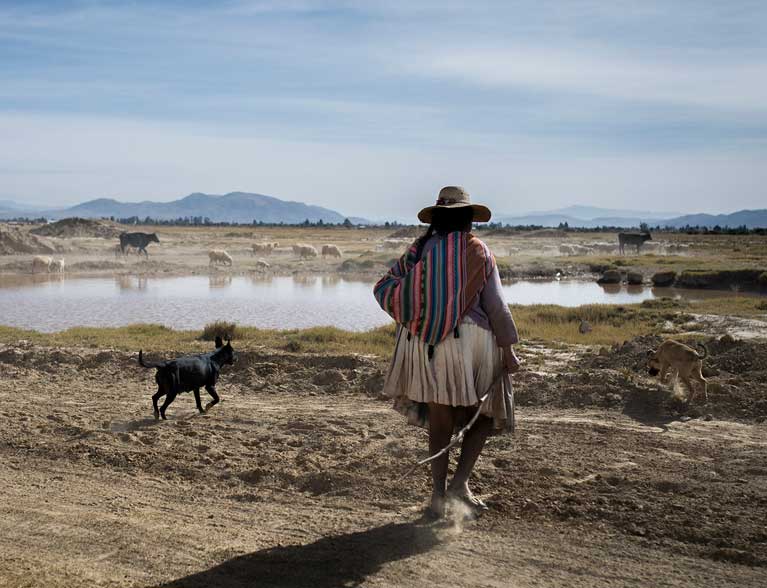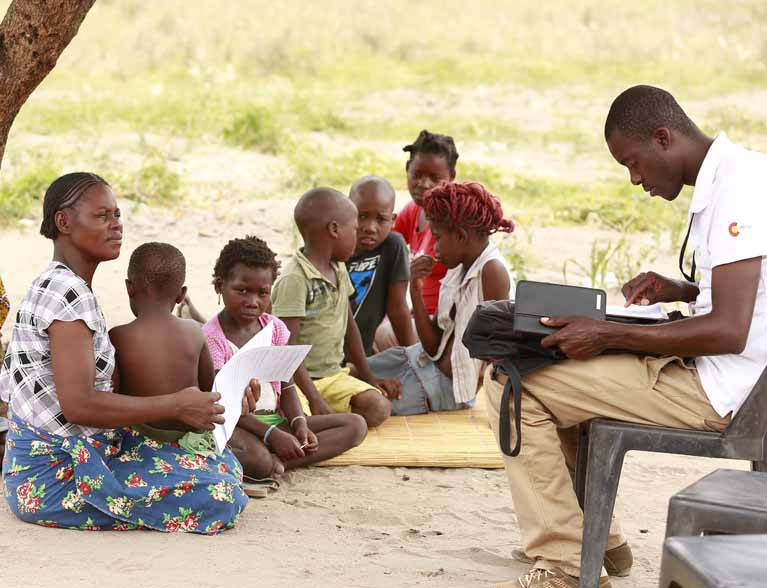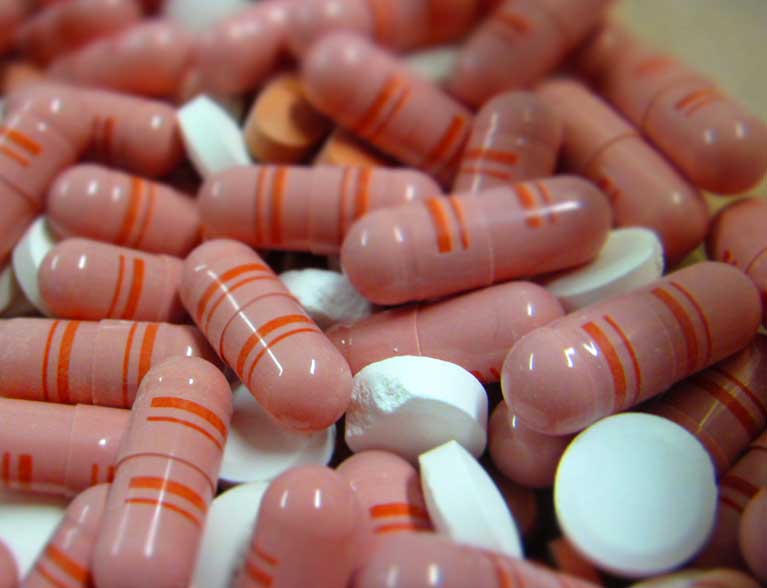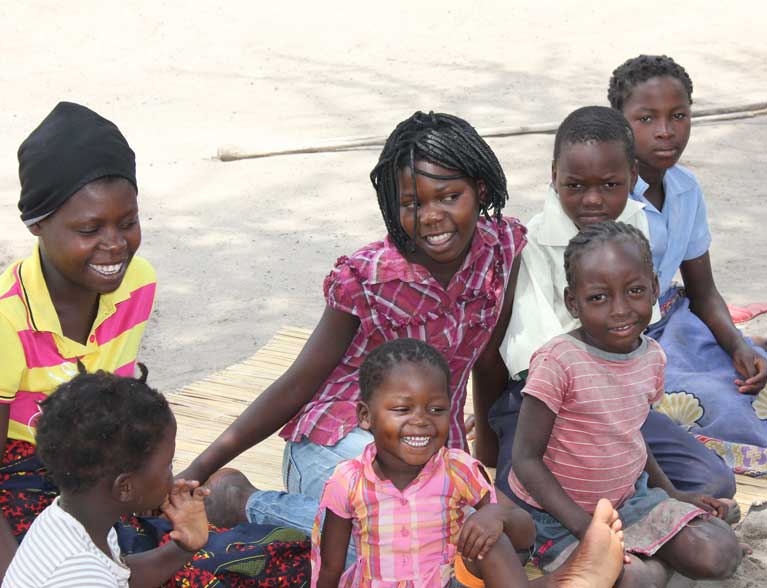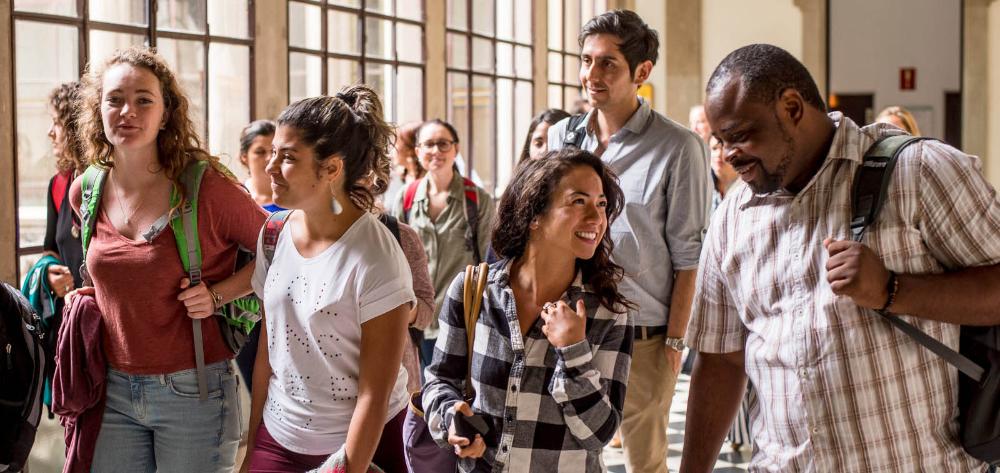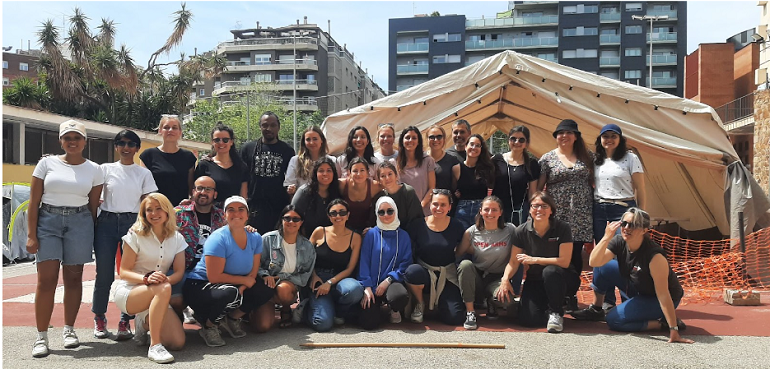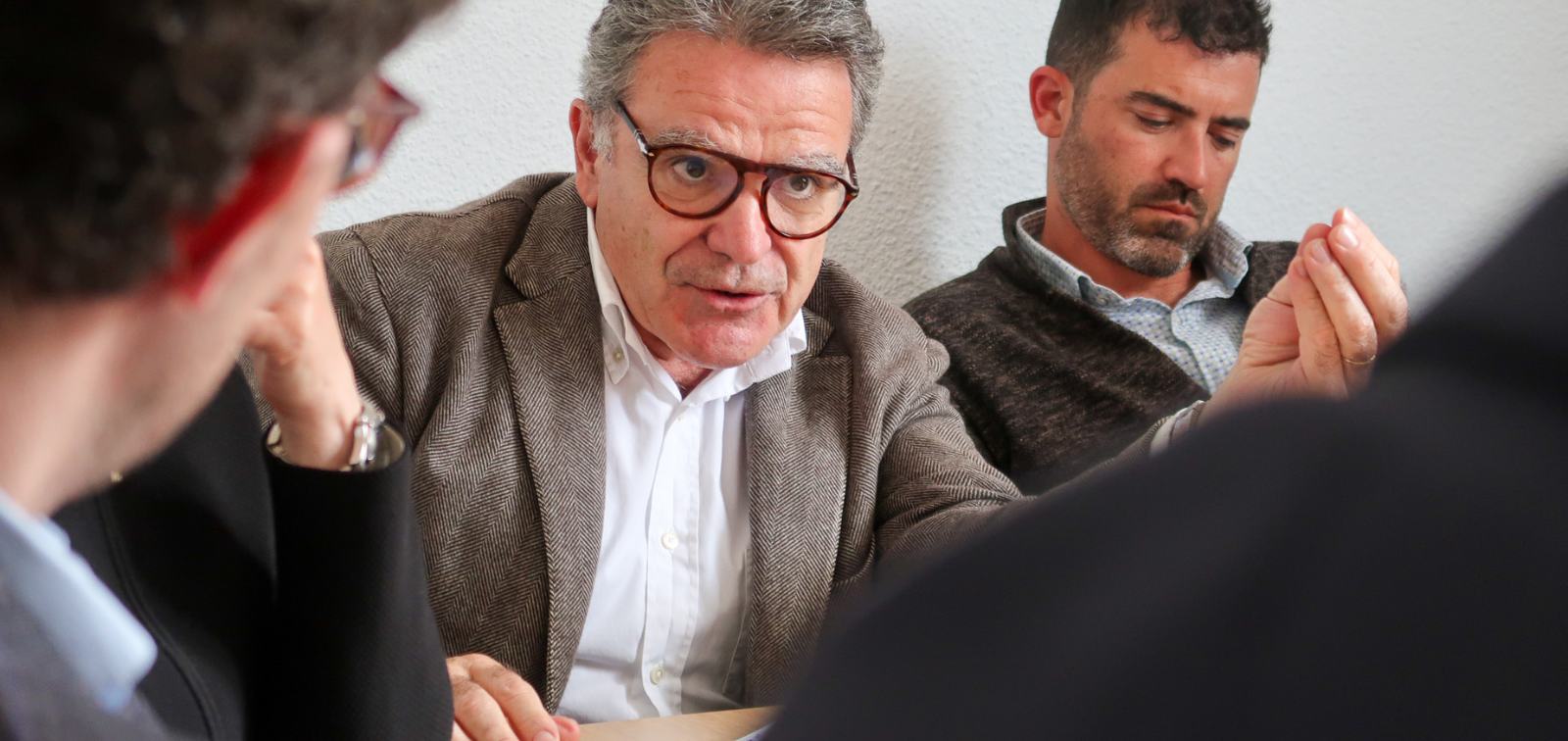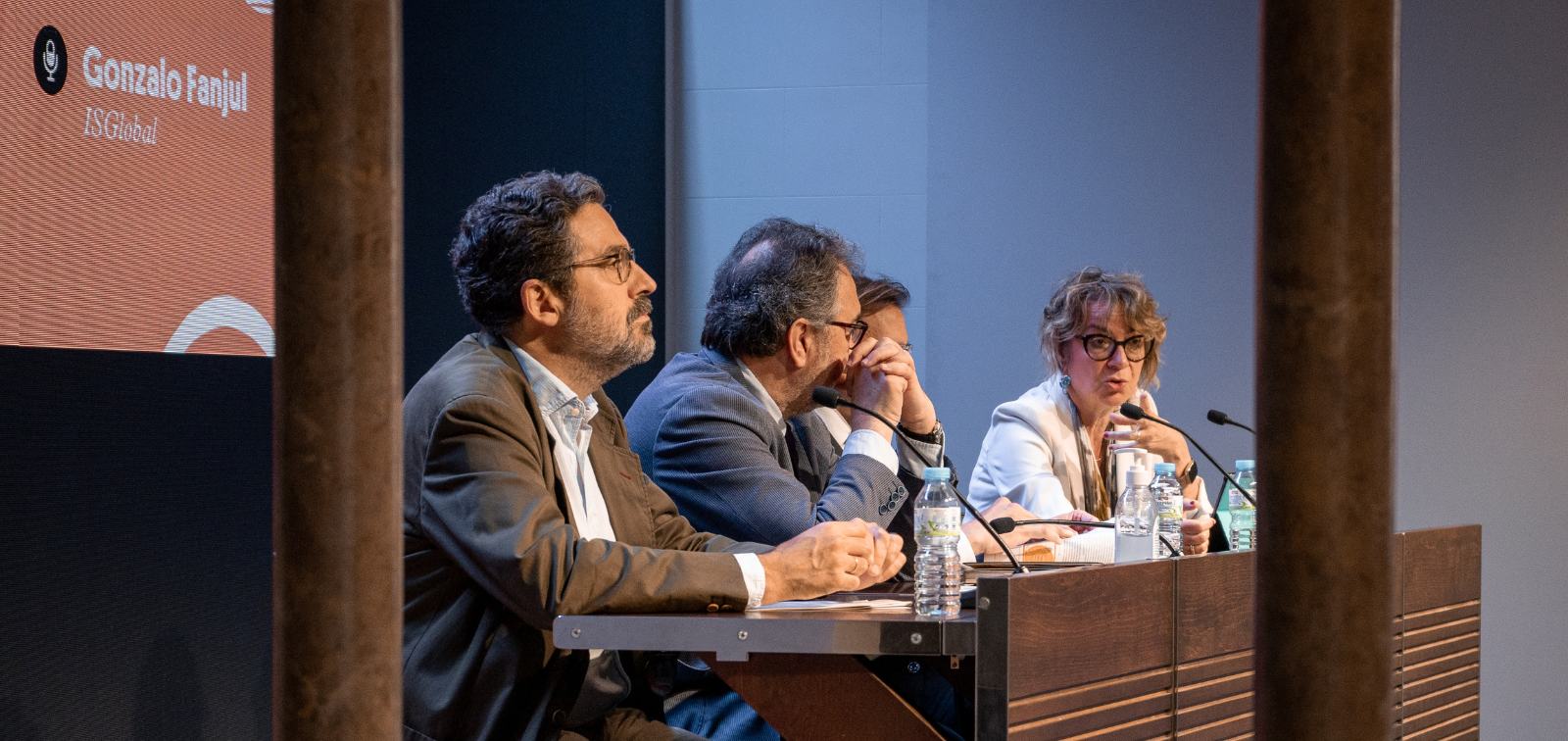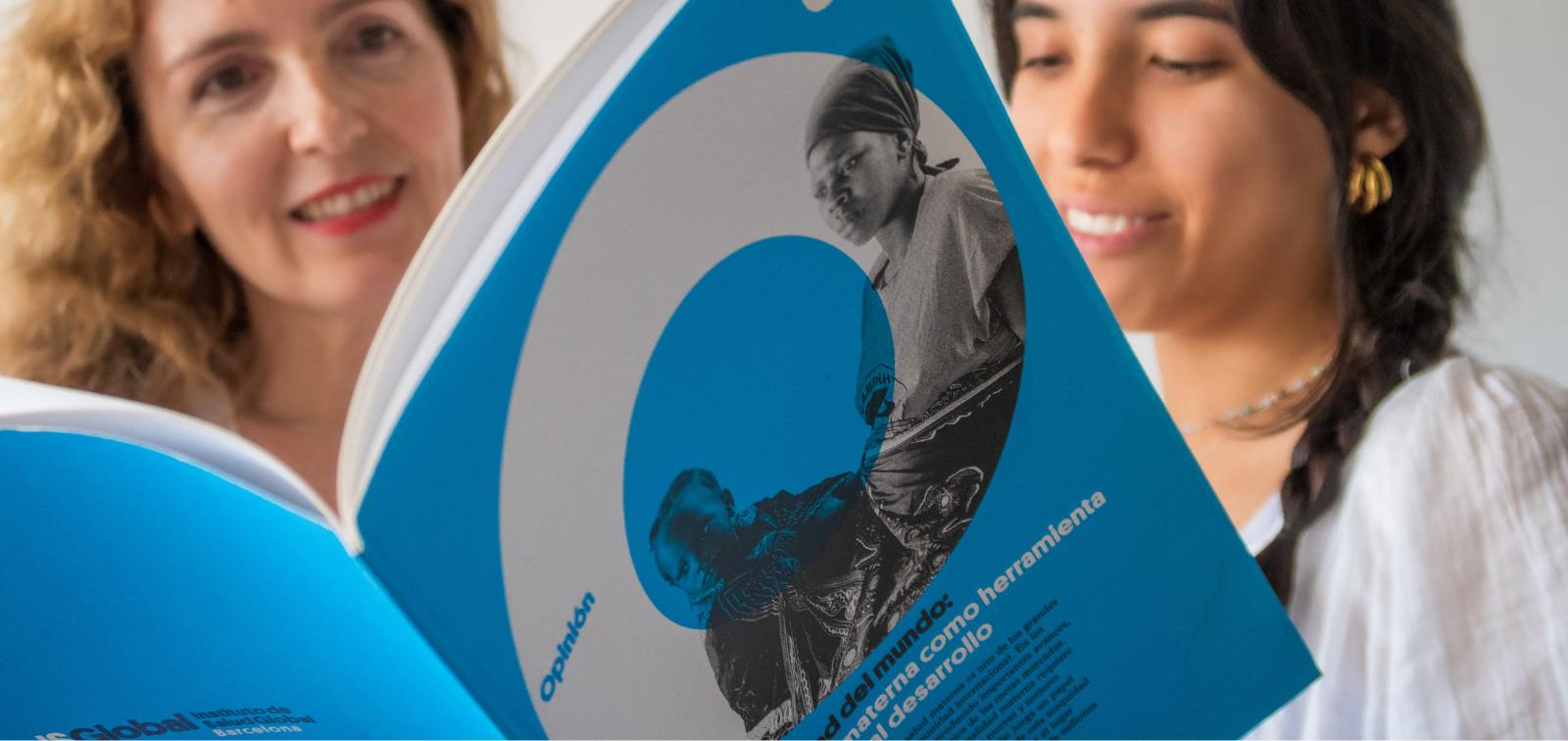FAQs on COVID-19 Vaccines
We answer some of the questions you may have regarding vaccine safety and efficacy
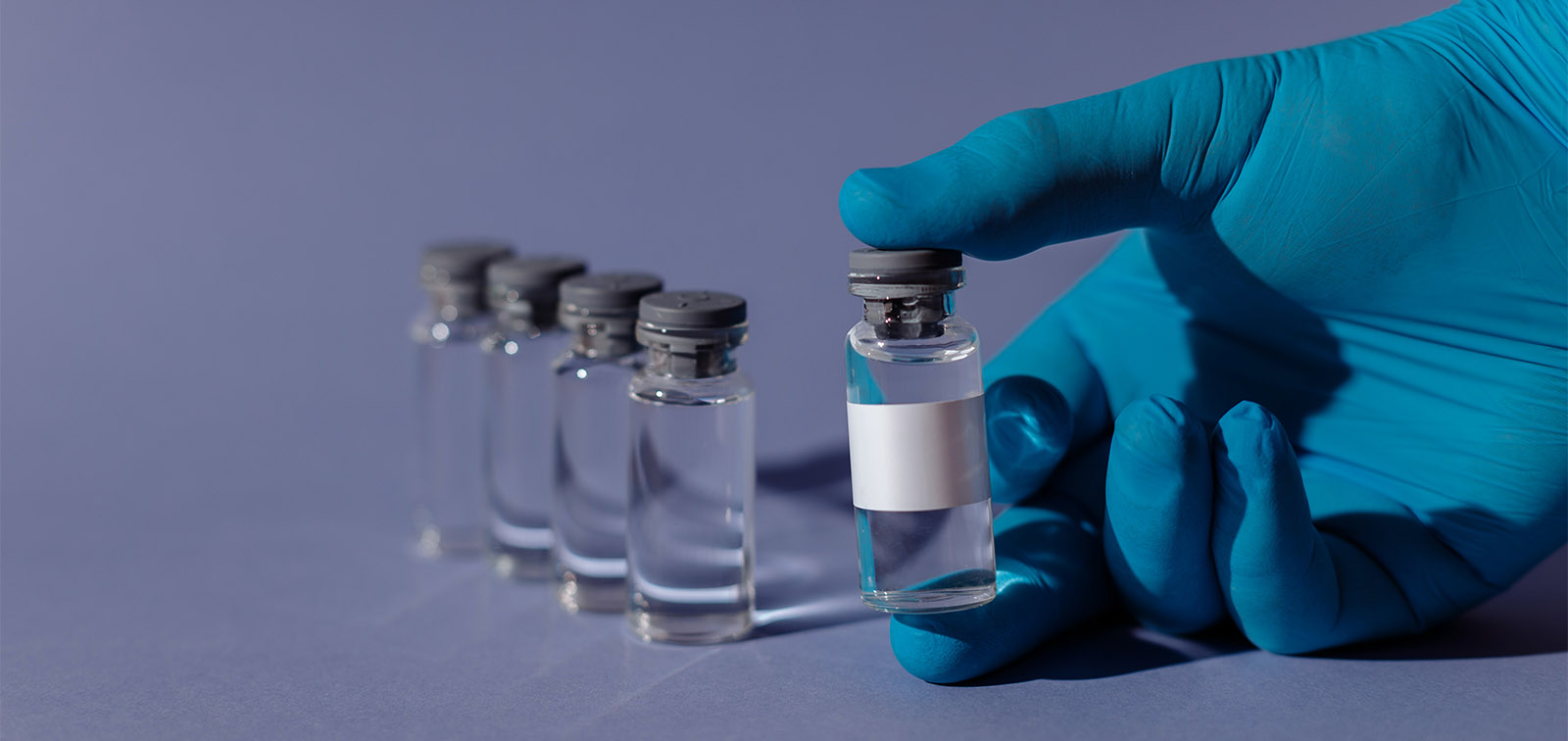
Thanks to remarkable scientific progress and previous experience with other coronaviruses, a number of COVID-19 vaccines may soon be approved and rolled out in many countries. On this page we will try to answer the questions you may have regarding these vaccines. The initial list of questions will be gradually expanded. Due to the constant emergence of new scientific data, it is recommended to check the date of the last update of each answer.
[Last update: 25 February 2021]
GENERAL QUESTIONS
- Which are the most advanced vaccines against COVID-19?
- What are the differences between the vaccines currently tested?
- How do the new mRNA vaccines work?
SAFETY
- Can we trust vaccines that have been developed so quickly? Is it safe to be one of the first people to be vaccinated?
- What are the risks of COVID-19 vaccines? Can there be side effects?
- Can I get COVID-19 if I have been vaccinated? Can someone who has received the vaccine die of COVID-19?
- Are commercialized vaccines subject to surveillance mechanisms?
DISTRIBUTION
EFFICACY
- How long will vaccine-induced immunity last?
- If I have been vaccinated, can I spread the virus?
- If I have already had the disease, do I need to get the vaccine?
GENERAL QUESTIONS
Which are the most advanced vaccines against COVID-19?
The following table shows the vaccines against COVID-19 which are on phase III of clinical trials or have finished it.
What are the differences between the vaccines currently tested?
Among the COVID-19 vaccines already approved or still in development, we can distinguish different types according to the technology they use. On one hand, there are the "classic vaccines" that use whole inactivated virus or viral proteins. On the other hand, there are those using more innovative technologies to introduce a gene sequence with the instructions so our body can produce a given viral protein. This genetic information can be introduced directly into the cell (messenger RNA vaccines) or via a viral vector that infects the cell but does not replicate. mRNA vaccines include the already approved Pfizer-BioNTech and Moderna vaccines. Viral vector vaccines include the Oxford/AstraZeneca vaccine, the Janssen (Johnson & Johnson) vaccine and the Sputnik vaccine by the Gamaleya Institute. All of them have been tested in people to prove their safety and efficacy throughout the three phases of clinical trials.
Pfizer / BioNTech and Moderna: messenger RNA
Both Pfizer / BioNTech and Moderna vaccines are based on mRNA. These last-generation vaccines provide our cells with the genetic sequence that codes for the S protein of SARS-CoV-2. In other words, the genetic material contained in these vaccines, which is synthesised in the laboratory, provide our cells with the necessary instructions to produce the S protein. Once the S protein is produced, our immune system recognises it as foreign and generates S-specific antibodies and T cells which will protect us from disease in case of infection by the virus.
Oxford / AstraZeneca y Johnson & Johnson (Janssen): viral vector
These vaccines use a harmless virus to introduce into our cells the genetic instructions needed to produce the SARS-CoV-2 S protein. This harmless virus (usually an adenovirus) is called a viral vector and has been modified in the laboratory so it can infect our cells but cannot replicate.
The Oxford / AstraZeneca vaccine consists of a modified chimpanzee adenovirus that carries the DNA coding for the SARS-CoV-2 Spike protein. The adenoviral vector infects our cells and delivers this DNA fragment so that our cells can produce the protein. Our immune system will see it as a foreign protein and will generate virus-specific antibodies and T cells.
The vaccine by Janssen uses a modified human adenovirus called Ad26 that can infect our cells but cannot replicate. This viral vector carries the DNA that codes for the SARS-CoV-2 Spike protein.
Last updated on February 25th 2021.
Recording date: 26-27 November 2020.
How do the new mRNA vaccines work?
What messenger RNA vaccines do is introduce into our cells a gene sequence that codes for protein S, which is a SARS-CoV-2 specific protein. That is, these vaccines contain genetic material synthesized in the laboratory that makes our cells react and make copies of said protein S. Afterwards our immune system recognizes protein S as foreign and responds by generating specific antibodies, therefore, when this coronavirus enters our body, we already have immunity and we will not get sick.
Being so new, are they safe?
Yes. We are, without a doubt, before a most promising and innovative technology in the field of vaccines, but not unknown. Although it has not been approved for vaccines in humans before, it is the result of more than a decade of advances in the biomedical field. Furthermore, its safety has been tested throughout all three phases of clinical trials.
Can they give us disease?
No, because they do not introduce the attenuated virus into the body, but genetic material. Furthermore, this messenger RNA involves the synthesis of a protein of the virus, but not of the entire virus. What can happen is that we have some side effects the day after having been vaccinated, such as pain in the arm, headache or fatigue. This is normal, it is a sign that our immune system is responding.
Do they modify our DNA?
Not at all because messenger RNA does not access the nucleus of our cells, so it cannot be incorporated into our DNA.
Do they have advantages over other vaccines?
Yes, they are easier to design and do not involve the handling of infectious material during development.
Recording date: 26-27 November 2020.
SAFETY
Can we trust vaccines that have been developed so quickly? Is it safe to be one of the first people to be vaccinated?
Vaccines against COVID-19 have been developed in record time thanks to important technological advances and experience gained with the SARS and MERS coronaviruses. However, this does not imply that the process was not rigorous and that the usual steps were not followed. Clinical trials have three phases: the first one consists precisely in confirming the safety of the drug, a fundamental aspect that is also confirmed in phases II and III of the trial, which involve the participation of thousands of people.
Therefore, all vaccines approved by the regulatory agencies are absolutely safe, since they have previously completed the three phases established in the clinical trials. This means that when vaccination campaigns begin, tens of thousands of people have already received the vaccine during clinical trials.
The main unknown that remains to be answered as a result of the speed with which clinical trials have been carried out is for how long will these vaccines protect, since at the time they get on the market, their effectiveness will only have been followed for 6-8 months. If their efficacy is observed to decline over time, it will probably be necessary to re-vaccinate.
Recording date: 26-27 November 2020.
What are the risks of COVID-19 vaccines? Can there be side effects?
There is no such thing as zero risk, and this is true for these new vaccines and with other vaccines that are already in the market.
Many vaccines, including COVID-19 vaccines, may have a series of mild and short-term effects such as pain at the injection site, fatigue or headache. This is normal - it measns the immune response is kicking in.
There can also be serious adverse events. But if a vaccine is approved, it means that it has shown to have a good safety profile, which means that the risk of this type of events is very low.
However, when hundreds of thousands of people start receiving the vaccine, one can expect to see some rare adverse events that had not been observed before, including allergic reactions. It is also true that some vaccines use new technologies with which we have little experience, and it will be important to monitor long-term safety. In fact, Pfizer plans on following-up its trial participants during two years.
Ultimately, it is a matter of evaluating benefits and risks for each vaccine. The benefits of the COVID-19 vaccine, in terms of deaths and cases averted, largely outweigh the risks associated to vaccination.
Updated on 17 December, 2020.
Recording date: 14 December, 2020.
Can I get COVID-19 if I have been vaccinated? Can someone who has received the vaccine die of COVID-19?
Although several of the most advanced vaccines have shown an efficacy above 90%, no vaccine is 100% effective. Therefore, we may expect that some people will fall sick with COVID-19 despite being vaccinated and we cannot rule out the possibility that some may even die. But the great majority of vaccinated people will be protected against the disease, or against severe forms of the disease.
Updated on 17 December, 2020.
Are commercialized vaccines subject to surveillance mechanisms?
Of course. This is what we call phase IV trials. In other words, from the moment vaccines are authorized to be distributed and jump to the market, their safety and effectiveness are continuously assessed. It is a phase as strict as the previous that besides monitoring the current vaccines, it will contribute to improving the development of future vaccines.
Updated on 18 December, 2020.
Recording date: 26-27 November, 2020.
DISTRIBUTION
How is the COVID-19 vaccination effort going, worldwide? How many vaccine doses have been administered in different countries?
Source: Our World in Data based on public official sources.
EFFICACY
How long will vaccine-induced immunity last?
It is still too early to give a rigorous answer to this question. Efficacy data from phase III clinical trials of each of the vaccines is beginning to be released. Later, it will be necessary to do follow-up to evaluate the effectiveness of the different vaccines over time.
Recording date: 26-27 November, 2020.
If I have been vaccinated, can I spread the virus?
The clinical trials were designed to evaluate whether the vaccines prevented COVID-19 symptoms, not whether they prevented viral infection. Thus, there is no clear answer to this question yet. However, the fact that the vaccines considerably reduce symptomatic infections suggests that they will also reduce viral transmission, since it has been shown that asymptomatic people are less contagious than those with symptoms. Moreover, preliminary results in Israel suggest that transmission has decreased among the age groups that were prioritised for vaccination.
However, reducing is not the same as blocking, so vaccinated individuals must continue complying with preventive measures (use of facemasks, social distancing) until a large percentage of the population has been vaccinated.
Last updated on February 25th 2021.
Recording date: 26-27 November 2020.
If I have already had the disease, do I need to get the vaccine?
It is now clear that the vast majority of persons who have been infected develop a protective immunity. The duration has not been yet established, but in most cases it is of at least six months and probably more. This is why, in a context of limited availability of vaccines, these people should not be prioritised for vaccination.
It is now clear that the vast majority of persons who have been infected develop a protective immunity. The duration has not been yet established, but in most cases it is of at least six months and probably more. This is why, in a context of limited availability of vaccines, these people should not be prioritised for vaccination.
Last updated on February 25th 2021.
Recording date: 26-27 November 2020.



